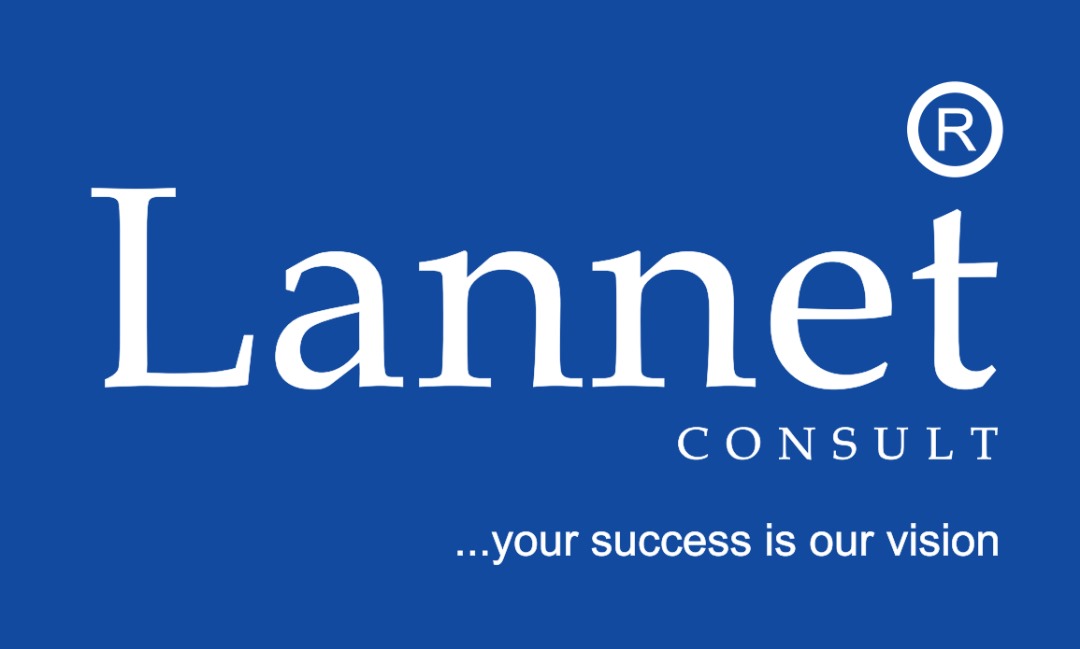The workplace is changing quickly due to technology and evolving social expectations. HR needs to take initiative to prepare for these changes to ensure their organization’s success. This article examines important emerging trends and provides advice on how HR can adjust accordingly
.
Emerging Trends:
- Artificial Intelligence (AI) and Automation: AI and automation are transforming industries, impacting job roles and requiring new skill sets.
- Gig Economy: The rise of freelance and contract work demands new approaches to talent acquisition and management.
- Remote and Hybrid Work: Flexible work arrangements are becoming the norm, requiring changes in communication, collaboration, and performance management.
- Focus on Employee Well-being: Increased emphasis on mental health, work-life balance, and employee well-being is crucial for attracting and retaining talent.
- Skills Gap and Upskilling: The demand for specialized skills is outpacing supply, requiring proactive upskilling and reskilling initiatives.
- Diversity, Equity, and Inclusion (DE&I): Creating diverse and inclusive workforces is essential for innovation and competitiveness.
How HR Can Prepare and Adapt:
- Embrace Technology: Invest in HR technology to streamline processes, enhance data analysis, and improve talent management.
- Develop Future-Ready Skills: Identify skills gaps and implement training programs to upskill and reskill the workforce for emerging roles.
- Adapt Recruitment Strategies: Develop strategies for attracting and managing talent in the gig economy, including effective onboarding and performance management for contractors.
- Reimagine Performance Management: Move beyond traditional performance reviews to adopt more agile and continuous feedback mechanisms suitable for remote and hybrid work.
- Prioritize Employee Well-being: Implement programs and initiatives that support employee mental health, work-life balance, and overall well-being.
- Champion DE&I: Foster a culture of inclusion and equity through proactive recruitment, training, and promotion of diverse talent.
- Data-Driven Decision-Making: Use data analytics to understand workforce trends, identify skill gaps, and inform strategic HR decisions.
In conclusion, HR professionals must become change agents, embracing technology, fostering adaptability, and prioritizing employee well-being to successfully navigate the evolving future of work. The organizations that proactively adapt to these trends will be better positioned for long-term success. Is there any specific area you’d like to explore further?


Add a Comment